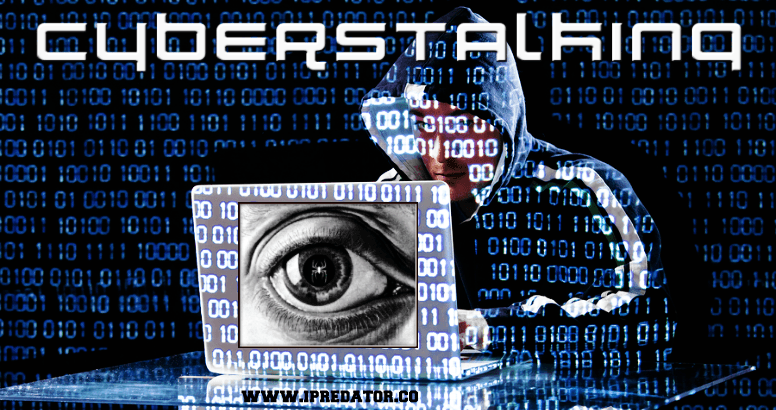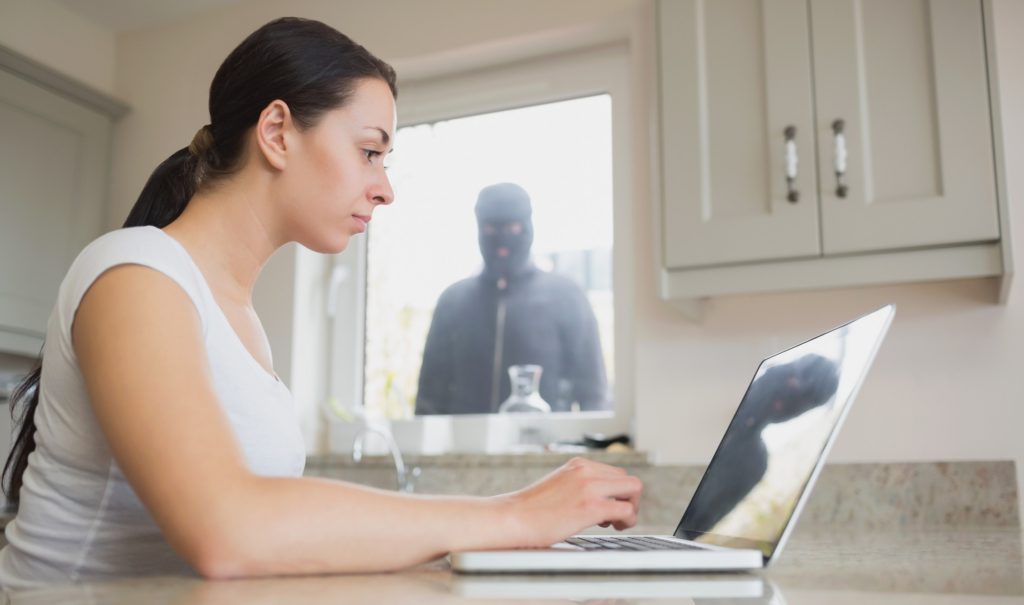We are all (roughly or not) aware of how to behave on the Internet correctly and politely. So today, let’s talk about how to avoid obsessive persecution there.
Stalking – an unwanted or repeated surveillance or harassment by an individual or group towards another person. It’s nothing new. But with the advent of social networks, it has become much easier for stalkers. Previously, they had to live nearby and spend their time and energy to send letters, wait at the office, bar, street for hours to see their person of interest.

Cyberstalking. With messengers and social networks, it became much easier to find out anything about a person, and the problem of stalking has worsened. People that we barely know can constantly receive information about us on the Internet. In the US, the number of cyberstalking victims has tripled. It’s around 6,000,000 people now – approximately every 6th woman and every 19th man.
Facebook can prolong the pain from parting and slow down the process of emotional recovery.
The flipside of the coin is an intrusive intervention of a close people in our private life. According to statistics, about 60% of stalkers are former beloveds. Often, people who are in a serious relationship do not hide anything from each other on their social network accounts. After a sudden break in relations, a former partner may read the correspondence, find contacts and send emails that may confuse or provoke issues in your current relations with others.
A study published on Cyberpsychology in 2012, showed that the “harassment” of exes on Facebook, e.g., checking the profile and friend list, was connected with the fact that “with the growth of negative feelings towards a partner often there is a stronger sexual attraction to them, while personal growth slows down.” Facebook can prolong the pain of breaking up and slow down the process of emotional recovery.

Specialists are also quite worried about the variety of tools available for cyberstalking. A special app like WebcamSpyware is often used in online surveillance. In just a few $10s, a spyware program can see everything you do on the Internet, find out your passwords, connect to your webcam and listen to you and watch everything you do. Experts propose to follow a few simple rules that will allow you to protect yourself from cyberstalkers, especially for those who have already suffered their intrusion:
Use different profile names for each social network. For websites where you only need to leave a comment, it is better to use a fake name. This way it will be harder to collect full information about you through search engines. If you have a rare combination of first and last names and used it everywhere, all your old accounts and drunk YouTube videos can easily pop up.
Control privacy settings. It is better not to make it possible for friends of your friends to see you – especially if you are from a small town where, because of this, everyone can easily find you. The best thing is to make your specific information (photo albums, phone number, and a friend list) accessible for those who can see your page.

Do not leave your tags on other people’s photos. If you are tagged on a photo in your aunt’s album, outsiders can easily access it – especially if the aunt has not blocked the access for those who are not on her friend list. Barely familiar people will be able to contemplate your family spreads along with your aunt’s knitting achievements – you don’t need this.
Upload low-resolution pictures. Even those who can’t get to your account, can download your profile picture. Pictures with a 200 x 200 resolution are enough to identify you, but at the same time, if a stalker saves it, he will not be able to enlarge the image to the size he needs.
Summary
There are certainly more issues on the Internet with stalkers, because they have a set of powerful tools at their disposal which simplifies their harassing. Software developers do not really make any efforts to reduce risks. And we can change something only if more people learn about the risks of cyberstalking. So spread the word!
Author’s Bio
Irina Volkhovskaya
Chief Marketing Officer at ITRate.co.
Skills acquired: brand analysis, social media campaigns, organic search rankings improvement, broad SEO and SMM knowledge, project management skills. Digital marketing guru and a tech geek.

